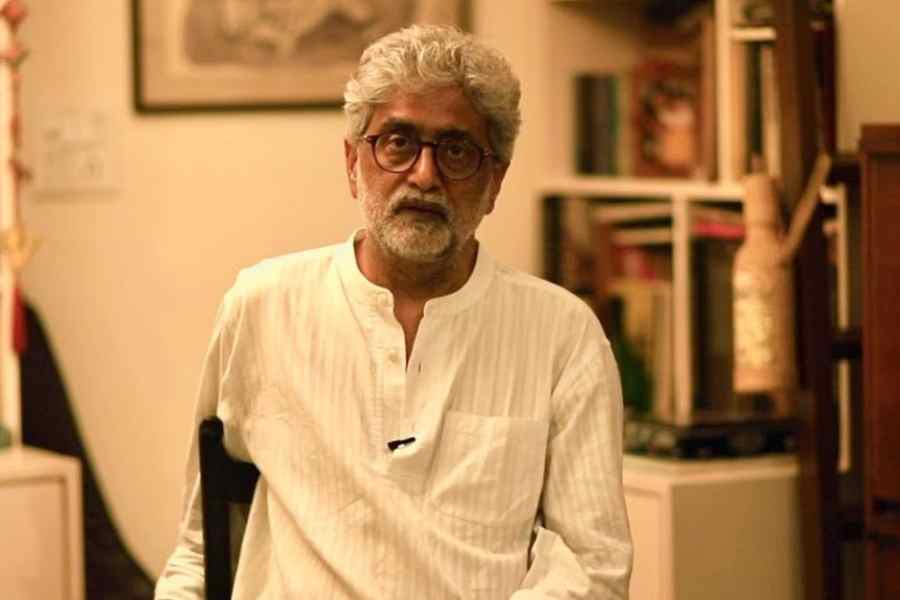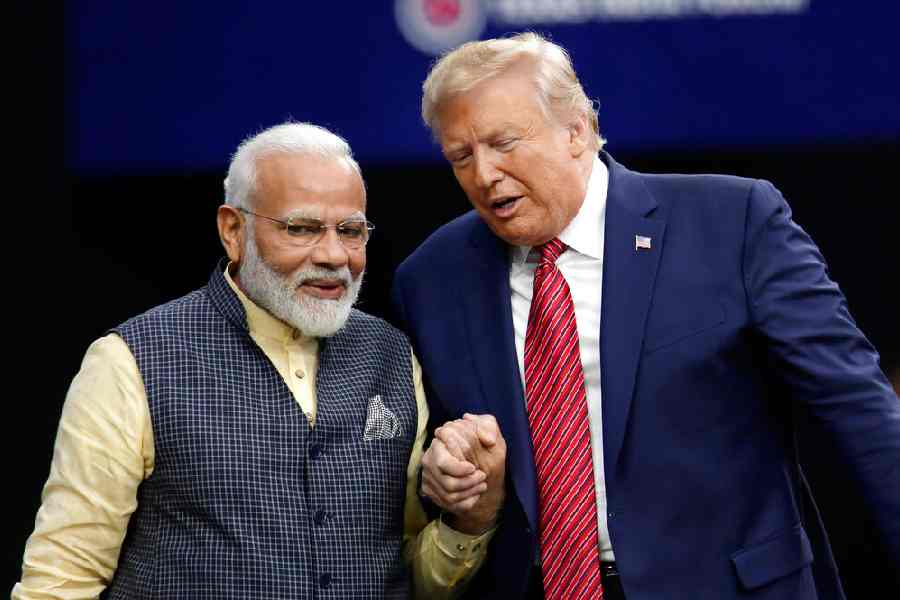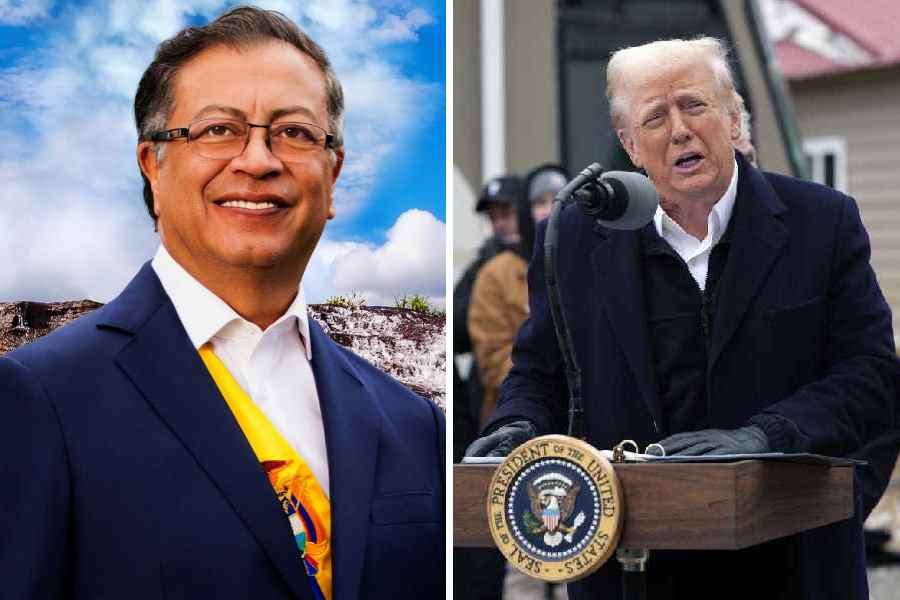Everyone who values democracy and human rights had much to cheer about last month when the Supreme Court ordered the release of Prabir Purkayastha from jail and also gave bail to Gautam Navlakha. For me, however, this joy was mixed with total bewilderment at an accompanying development; namely, the apex court asking Navlakha to pay Rs 20 lakh to the State to cover the expenses incurred on his security during the preceding months when he was in house arrest on medical grounds. This, of course, was a much smaller sum than was demanded by the State prosecutors; but the very idea of any compensation being paid by him is bizarre.
House arrest on medical grounds is not a favour shown by the State to a prisoner; it is bitterly contested in court and allowed only when considered absolutely necessary on the basis of expert medical opinion. If it had been a favour and the State wanted compensation for the special security arrangements it was called upon to make, then it would have been analogous to a commodity exchange: ‘You give me money, I shall make special arrangements for you’; it would still have been bizarre but at least the logic of commodity exchange could have been cited in its defence. But house arrest on medical grounds is not a favour shown by the State to anybody. To demand compensation from the prisoner for the special security arrangement made in such a case therefore is absolutely indefensible.
It is no different in principle from incarcerating a person and demanding from that very person the expenses incurred on incarcerating him; the bizarre nature of the case is further heightened when we consider that the person has not even been convicted but is merely awaiting trial. It amounts to the State picking up anybody on the street, putting him in jail for an indefinite period, and getting the expenses incurred on this imprisonment from that person himself!
There are two further points of principle to be noted here. First, charging a person for the special security arrangements made during the period of house arrest on medical grounds violates the fundamental principle of ‘equality before law’ that is enshrined in the Constitution. It amounts to saying that between two prisoners having exactly the same affliction that deserves such a concession, while the affluent one who can afford to get it will get it, the poor one who cannot will not; the latter thus faces discrimination. No doubt I shall be told about various financial assistance schemes available to poor prisoners that take care of such situations but there is no guarantee that a prisoner would get full assistance; hence the discrimination, and the lack of equality before law, remains.
Second, the very idea of charging a prisoner for expenses on his security during house arrest on medical grounds, when he has no say on the amount of such expenses since he does not decide what should be the security arrangement, is grossly unfair. It violates the basic principle on which the American war of independence was fought, namely ‘no taxation without representation’. In Navlakha’s case, the Supreme Court reportedly brought down the taxed sum by more than two-thirds. But the very fact that it could do so underscores the arbitrariness of the levy.
I do not know when this practice of charging prisoners for the special security arrangements made for their house arrest was introduced. My father who was a freedom fighter, a Congress Socialist, and had joined the underground communist party in 1936, had been incarcerated when the party was declared illegal after its Calcutta Congress in 1948. There had been a mass hunger strike by communist prisoners at that time during which my father had been on a hunger strike for more than three weeks; when his strike could not be broken and force-feeding too did not work, he was sent home from jail on the condition that he should report at the local police station once a week. I do not know under what rubric this concession fell, but whatever it was he did not have to pay a single paisa to the State; he could not have done so anyway, since being a party activist he never held an income-earning job. The Indian State immediately after Independence obviously did not have the mercenary meanness that the contemporary Indian State has.
The contemporary Indian State does not even follow the principles of a normal bourgeois State. When Salman Rushdie’s life was endangered by Ayatollah Khomeini’s fatwa, he was forced for years to live in ‘safe houses’ protected by British security forces. These arrangements must have cost the British State a fair amount of money each year for a number of years; but Rushdie did not have to pay a penny to the British State. The State bore the entire expenditure for his protection on the principle that British taxpayers had to pay for living in a society that guarantees freedom of expression. Ironically the government that provided protection to Rushdie during those years was a Tory government of which Rushdie himself had been an outspoken, Left-wing critic. Of course, the contemporary British State may not be what it was at the end of the last century; but it still would be a lot less mercenary, mean, and unprincipled, even as a bourgeois State, than the contemporary Indian State. The sooner we put an end to this obnoxious practice of charging prisoners the expenses of their house arrest, the better.
Prabhat Patnaik is Professor Emeritus, Centre for Economic Studies and Planning, Jawaharlal Nehru University, New Delhi











